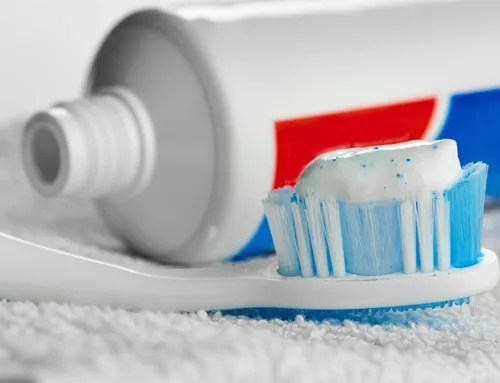A Complete Guide to Wisdom Teeth: What You Need to Know About These 3rd Set of Molars
May 20, 2021
From infancy to adolescence and then into adulthood, we go through several phases of tooth development and growth. When we are infants, our baby teeth work as placeholders, providing a path for our adult teeth and helping us in our speech development.
Eventually, this set of teeth fall out, and our adult teeth grow in. But, did you know that in adulthood, there is a brief pause, and we get a final set of teeth in our early twenties?
These are known as your wisdom teeth and here is what you need to know about them.

What Are Your Wisdom Teeth?
Your wisdom teeth are a third set of molars that erupt from beneath the gum line between the ages of 18-25 approximately. While not everyone develops wisdom teeth or has their wisdom teeth erupt, those that do can find themselves in pain, with infections, or discomfort when they come in.
Most individuals have a total of 4 that develop, with 1 being on either side of the top of the jaw and 1 being on either side of the bottom of the jaw.
Why Do You Have Wisdom Teeth?
It is suspected that our ancestors developed a third set of molars to help them when chewing and digesting hard foods during our hunting and gathering days. Our jaws were larger, stronger, and needed to break down foods like raw meats, plants, and nuts.
Over time, since we did not have the same level of dental hygiene methods that we have today, our ancestors would lose their teeth, allowing the wisdom teeth to emerge and grow into the space left open.
As we evolved, our diets changed drastically, our jaws became smaller, and we no longer lost teeth due to better dental hygiene. Nowadays, because we no longer lose our premolars and molars, most of us only have enough room in our mouth for 28 teeth, making our wisdom teeth unneeded.
When Should Your Wisdom Teeth Be Removed?
Your wisdom teeth should be removed as early as possible if you have:
- Teeth crowding.
- Jaw pain.
- Wisdom teeth that are growing sideways or at an odd angle.
- Cysts under the gum line.
- Are getting braces to straighten your teeth.
- No available space for them to grow into.
- The tooth has broken the gum line but is infected.
- Sinus problems from upper wisdom teeth.
- Tooth decay due to its inaccessible location.
If you do not have your wisdom teeth taken out early on, and they do erupt from the gum line as impacted, it can cause severe pain, swelling in the jaw, unpleasant taste in the mouth, and may be a precursor to tooth decay and gum disease.
Can You Keep Your Wisdom Teeth?
Yes, you can keep your wisdom teeth as extraction isn’t necessary for everyone. If they do not erupt and do not cause any problems with the existing teeth, they don’t have to be removed. If they do emerge in a non-impacted way, are disease-free, and you have the space for them, you can keep them.
Am I Too Old to Have My Wisdom Teeth Removed?
No, you are never too old to have them removed. The main thing to keep in mind if you are over the age of 35 and need to have your wisdom teeth removed, is that recovery as an older patient will take longer.
You may need anywhere between 1-2 weeks to recover rather than a few days. Other than this, older patients are at a higher risk for developing complications such as partial loss of feeling in the lower lip, risk of nerve damage, and risk of damage to the jawbone. This is because the longer the wisdom teeth stay in the mouth, the more stable and secure they will be.
Ready to get your wisdom teeth removed? We can help! Contact us today to get started.








